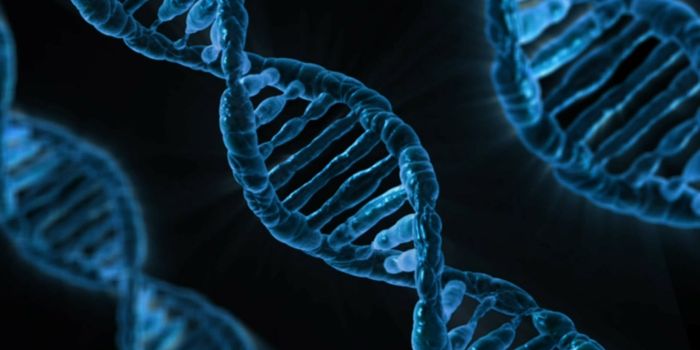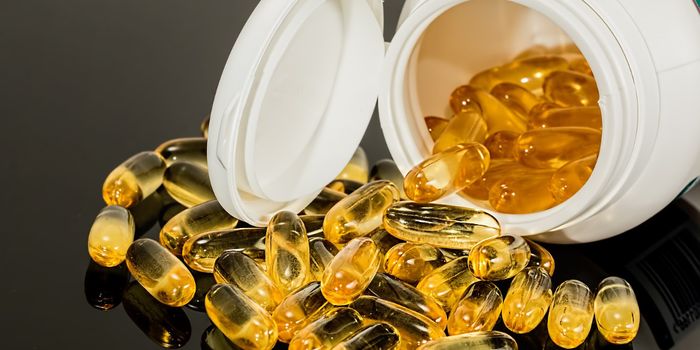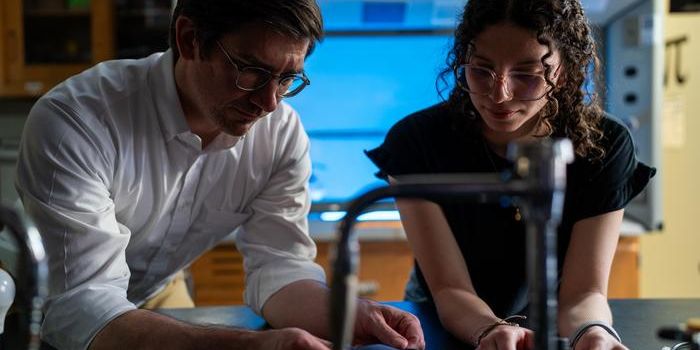Patients on Statins Get the 'Nocebo Effect'
Millions of people around the world take statins to treat high cholesterol. The drugs are estimated to reduce the risk of heart attack by 25 to 35 percent. But many of these patients complain about the side effects of the drugs.
Researchers have now found that placebos cause side effects that are similar to those caused by statins. The research suggested that about 20 percent of people who stop taking statins because of the side effects they experience may actually be experiencing the nocebo effect. The nocebo effect describes a phenomenon in which a person experiences side effects because of their negative perception of a drug rather than a true pharmacological effect.
The study, which was reported in the New England Journal of Medicine, was a trial that involved 60 patients. The researchers determined that 90 percent of the symptoms that patients have while taking statins were also happening when they took placebo pills. Doctors may be able to counsel patients about their perceptions and reduce the negative effects they feel.
"Statins play a vital role in lowering cholesterol levels and decreasing the risk of serious vessel-related diseases. However, some patients are stopping their treatment as a result of perceived side effects," said joint first study author Frances Wood of Imperial college of London's National Heart and Lung Institute. "Our study can help doctors manage patients' expectations of statins and to explain more clearly to patients the possibility that some side effects they experience may be caused by the nocebo effect and provide further support if needed."
The 60 study participants, aged 39 to 70, were already taking statins but between 2016 and 2019 had ceased the treatment because of the side effects they experienced. In this work, they were given four bottles of a statin and four bottles of a placebo to take over one year. The tablets appeared identical, the participants did not know which was which, and the bottles were taken in a random order. They took the pills bottle by bottle and rated their side effects on a scale of 0 to 100.
The researchers found that 90 percent of the side effects patients reported from statins were also present when they took placebos. During months when they took placebos, the mean side effect intensity was 15.4 and during the months while they were on statins, it was 16.3. Some people also briefly halted their drug intake due to side effects, and a few left the trial early. The researchers found that of the 71 total stoppages during the trial, 31 happened while people were taking placebos and 40 occurred while people were taking statins.
Additional work will be needed to determine whether the remaining ten percent of side effects are due to statins or the nocebo effect. Since the trial ended, thirty patients had successfully started their statin therapy again.
"The beauty of this study is that it's personalized. For the first time, patients were able to see for themselves that statins did not cause their side effects but the physical act of taking a pill did. These results undeniably show that statins are not responsible for many of the side effects attributed to them. Decades of evidence have proven that statins save lives and they should be the first port of call for individuals at high risk of heart attack and stroke," said study author Professor Sir Nilesh Samani, Medical Director at the British Heart Foundation.
"This study empowered many of the participants to go back onto statins, which will undoubtedly lower their risk of having a life-threatening heart attack or stroke. We now hope that these findings continue to encourage more people to consider statins with an open mind, and help healthcare professionals to have evidence-based conversations with their patients to ensure they receive the treatment that's right for them."
Sources: AAAS/Eurekalert! via Imperial College of London, New England Journal of Medicine









